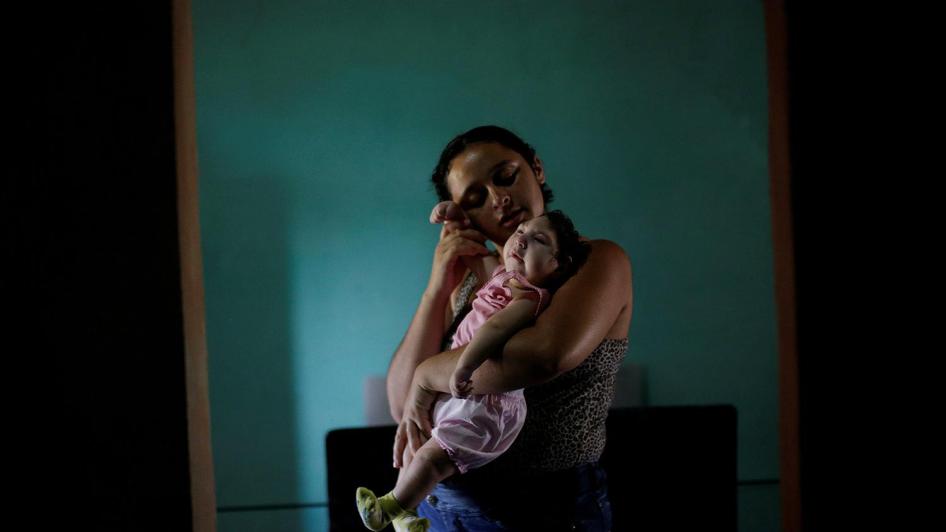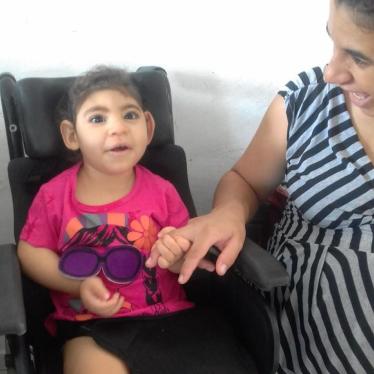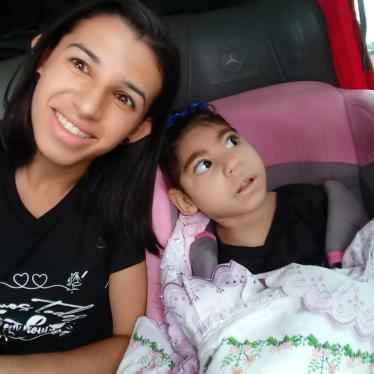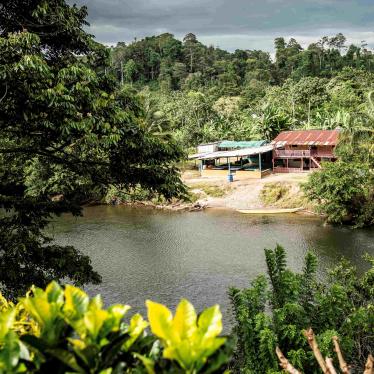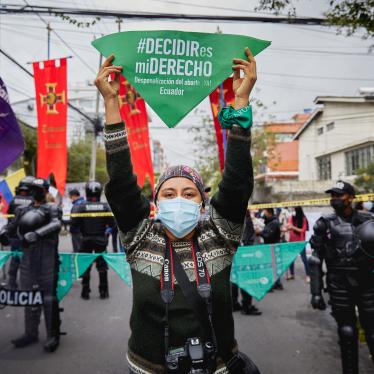As Covid-19 dominates headlines, the Zika virus silently continues to put women and children at grave risk in Brazil, and the country has not taken nearly enough steps to combat the mosquito-borne disease or help the families impacted by it.
Brazil’s Ministry of Health identified 579 new suspected cases of Zika between December 2019 and February 2020. A Zika virus infection during pregnancy can cause microcephaly and other congenital conditions in infants.
The 2015-2016 Zika virus outbreak in Brazil disproportionately affected women and girls and amplified longstanding human rights problems, including inadequate access to water and sanitation, unequal access to health care for the poorest families, and restrictions on sexual and reproductive rights. The government’s response to the outbreak largely failed to address these problems, leaving women and girls at the disease’s mercy when it returned.
Thousands of infants in northeastern Brazil were born with disabilities linked to the virus and their families have been fighting for their rights ever since. Covid-19 has made matters worse, as states have focused on responding to the coronavirus and, at least in some locations, have cancelled in-person therapy for children affected by Zika.
In April 2020, Brazil’s Supreme Court rejected on a technicality a petition that would have helped those families, without discussing its merits. The case sought access to state benefits, including medical care for families affected by Zika and preventive measures for at-risk populations, as well as access to contraceptives and the right for people infected during pregnancy to choose whether or not to continue their pregnancy.
Abortion is legal in Brazil only in cases of rape, when necessary to preserve the life of the woman, or when the fetus has anencephaly. Many pregnant people have to choose between continuing dangerous or unwanted pregnancies or seeking unsafe methods to end them.
Pregnant people need access to information and diagnostic tests that show whether a pregnancy could be impacted by Zika, and to safe, legal, and accessible abortion if they decide to end a pregnancy.
Basic disease prevention remains out of reach for many Brazilians. More than one-third of Brazil’s 208 million people do not have access to a continuous water supply. This can be lethal, when frequent handwashing is a cornerstone of Covid-19 prevention and inadequately stored water in households without running water can breed mosquitoes that spread Zika.
Brazil should respond to both Covid-19 and Zika by focusing on human rights – such as rights to water, sanitation, and to access reproductive health information and services, including legal abortions, contraceptives and prenatal and birth care.

